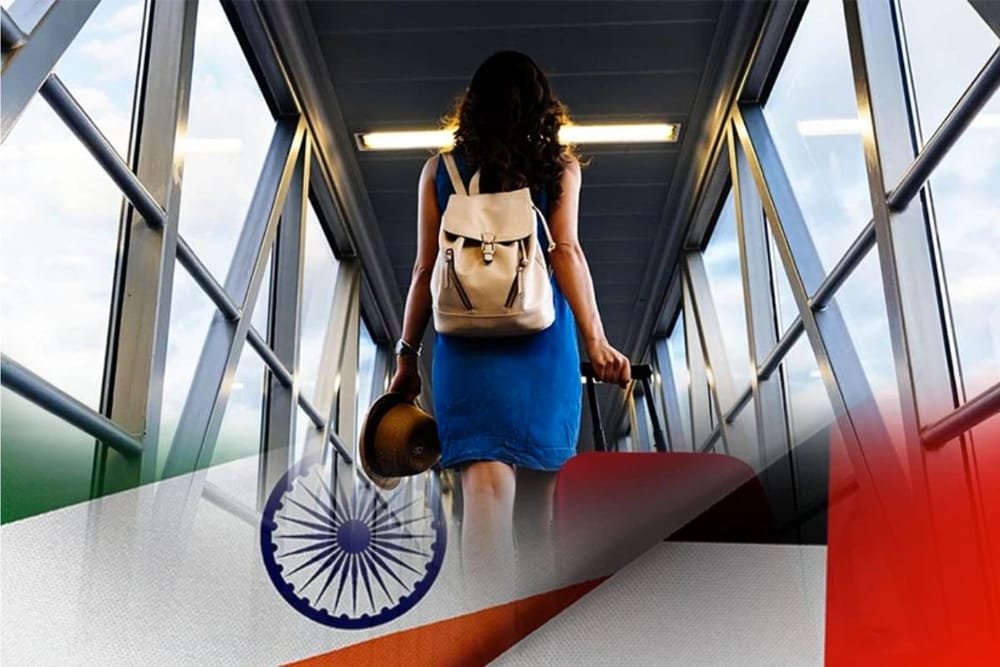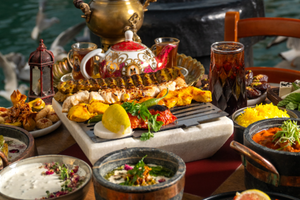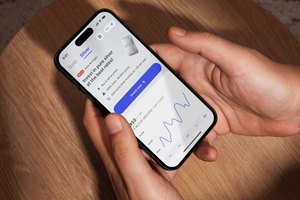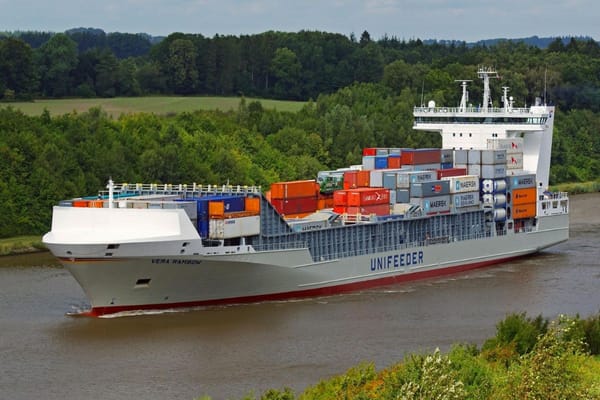Dubai has emerged as a sought-after destination for Indian nationals seeking to live abroad, largely due to its convenient proximity, being just 3 to 4 hours away from India by flight. The appeal extends beyond geographical convenience, encompassing a multicultural experience and abundant opportunities. For those contemplating a move from India to Dubai, a comprehensive understanding of visa requirements, accommodation options, and local laws is crucial for a seamless transition.
Dubai, renowned for its expanding infrastructure, attractive job prospects, and tax-free living, has long been a favored choice for Indian expats. While the relocation process may take time, the city's reputation as one of the safest in the Middle East adds to its allure. This article delves into the essential aspects of settling in Dubai from India, offering insights beyond the standard requirements such as visas and job offers, to ensure a peaceful and well-informed move.
Visa Options for Indians Moving to Dubai
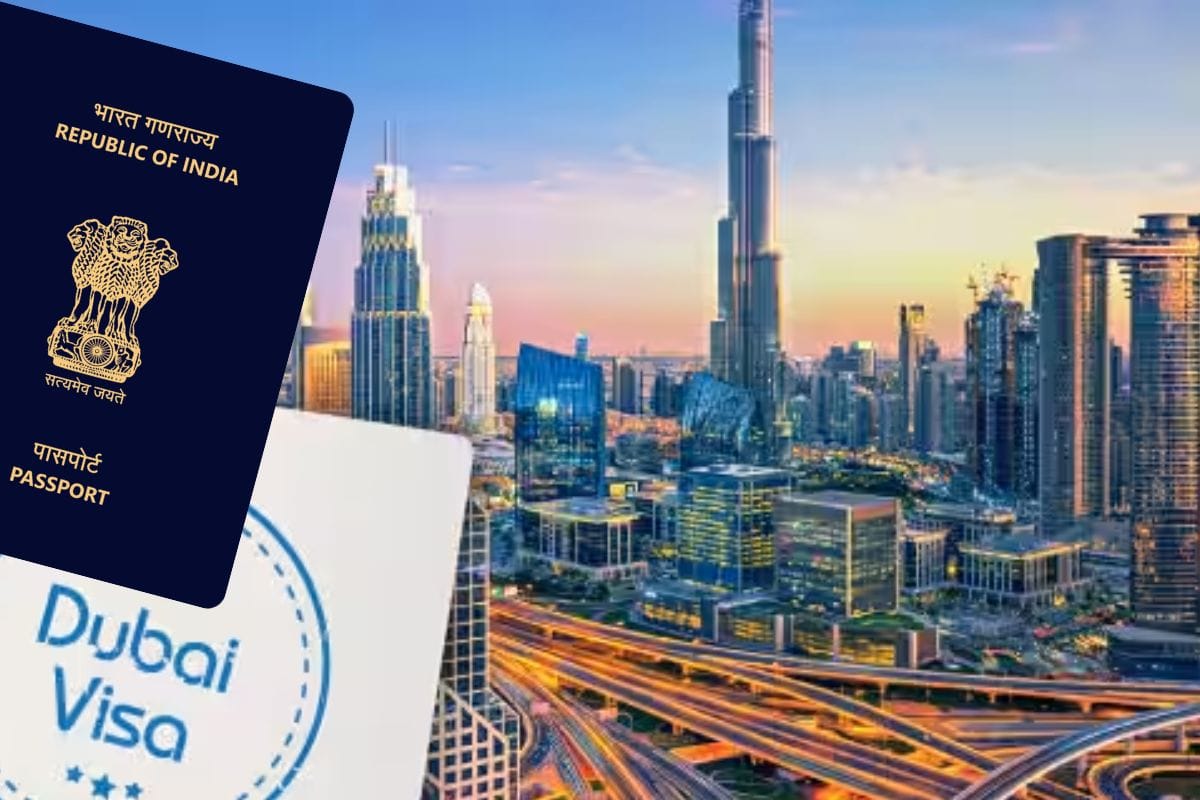
Employment Visa:
- Your employer in Dubai handles the process, sponsoring you and securing your residence visa.
- After obtaining the residence visa, you can conveniently check your UAE visa status online.
Dependent Visa:
- Spouses with a minimum monthly income of AED 4,000 (or AED 3,000 with accommodation) can sponsor dependents.
- For children residing in Dubai to sponsor dependents, they need to demonstrate a monthly income of at least AED 20,000.
- Parents can sponsor unmarried children under 18 or those pursuing education.
Student Visa:
- If you plan to pursue education in Dubai, enrolling in a local university grants you a visa for the duration of your academic program.
Investor Visa:
- Entrepreneurs starting or investing in a business in the UAE can opt for an investor visa.
- There are various investor visa categories with distinct advantages.
Property Owner Visa:
- Investing in property in Dubai allows you to obtain a renewable residency visa.
- The benefits associated with property owner visas can vary based on the type of property.
To process these visas, you will have to undergo a medical test in Dubai upon arrival.
Documents Required
When planning a move from India to Dubai, the majority of the relocation process will be handled by your employer. However, it's crucial to ensure that all your documents are well-prepared. One significant step is to attest your Indian university degree or certificate sufficiently in advance to avoid complications upon arrival in Dubai. Here's a breakdown of the four-step attestation process if you choose to do it yourself:
- Start by visiting your university to have your documents stamped. Contact them beforehand to ascertain the required documents, which may include mark sheets and high school certificates. Depending on your field, attestation from your field's registered regulatory board might also be necessary, involving a payment from your side.
- Proceed to obtain HRD (human resources development) attestation. Visit an HRD office or a registered center in your state. If you go directly to the HRD office, there is usually no fee, but you must provide documents like high school mark sheets and a passport photo (requirements vary by state).
- Head to the Ministry of External Affairs (MEA) in Delhi or use a registered agent to obtain the attestation stamp on all your documents.
- Lastly, secure an approval stamp from the UAE Embassy to complete the attestation process.
For married couples relocating together, ensure you bring your attested marriage certificate. When applying for a work visa, obtaining a good conduct certificate from India is a prerequisite. Additionally, be prepared with an ample supply of passport-sized photographs with a white background, as they are required for various applications, ranging from visas to different licenses. This thorough preparation ensures a smoother transition and expedites the necessary procedures for settling in Dubai.
Accommodation in Dubai
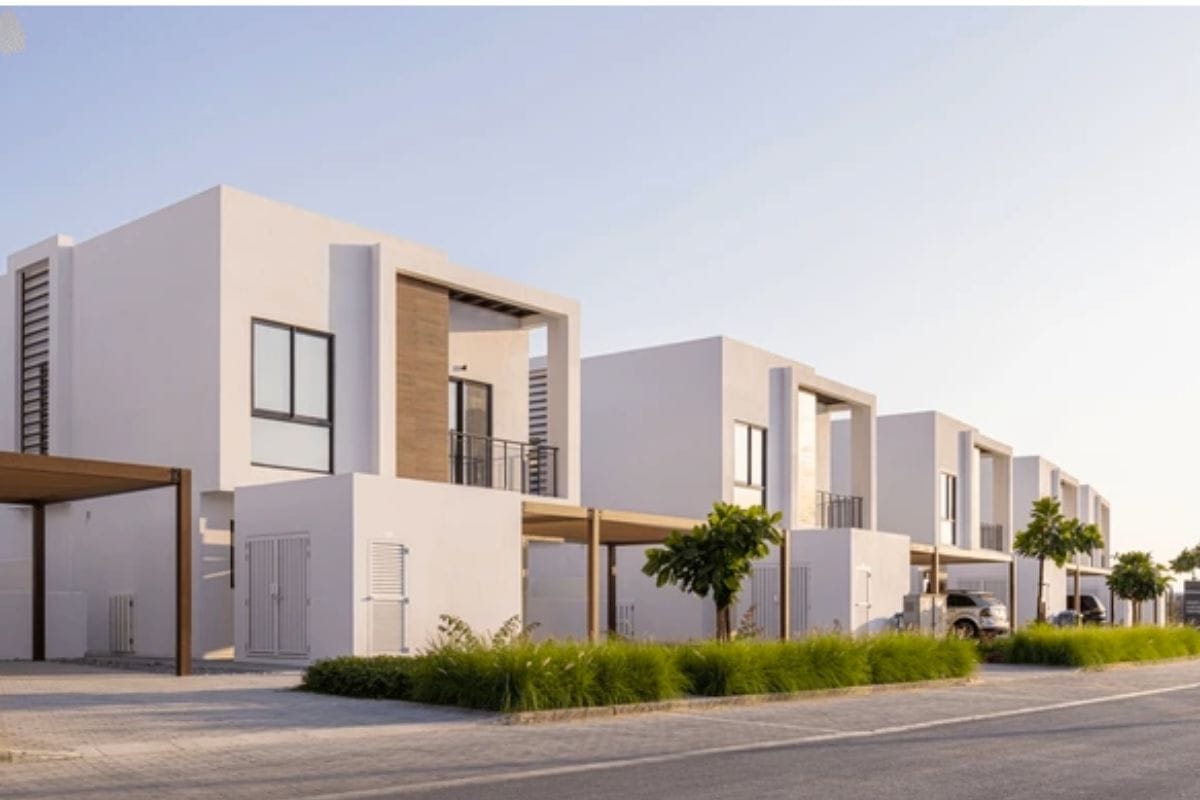
Upon your initial arrival in Dubai, your company is likely to provide temporary accommodation, such as a hotel or hotel apartment. However, you'll eventually need to secure a more permanent residence.
Fortunately, Dubai boasts a thriving real estate market, offering a plethora of options catering to various budgets and preferences. Before committing, it's essential to weigh the decision between renting and buying a property based on your individual needs and circumstances.
Renting a Property in Dubai:
For many first-time expatriates in Dubai, renting property is a common choice. While there may be a temptation to overspend on prestigious addresses or scenic views of the Burj Khalifa, a prudent approach is to limit rent to no more than 35% of your monthly income.
Dubai offers a range of affordable apartment options, allowing expats to save a substantial amount of money. It's advisable to explore areas popular among Indian expats for more insights.
Keep in mind that rental payments in Dubai are typically structured on a yearly or quarterly basis. Additionally, budget for expenses such as DEWA utilities (electricity and water), internet/phone deposits, agency commissions, and security deposits. Familiarizing yourself with Dubai's tenancy laws is crucial to avoid any unforeseen challenges.
Buying a Property in Dubai:
Dubai's property sales market is vibrant, offering various incentives for prospective buyers. Whether it's villas and townhouses in well-established neighborhoods like Arabian Ranches, apartments in Dubai Marina, or participation in off-plan projects with upcoming handover dates, property ownership is widespread in Dubai.
Settling In After the Move from India to Dubai
Close to half of Dubai's expatriate population hails from India, making it unsurprising that the city offers a familiar environment for Indian residents.
Food And Grocery
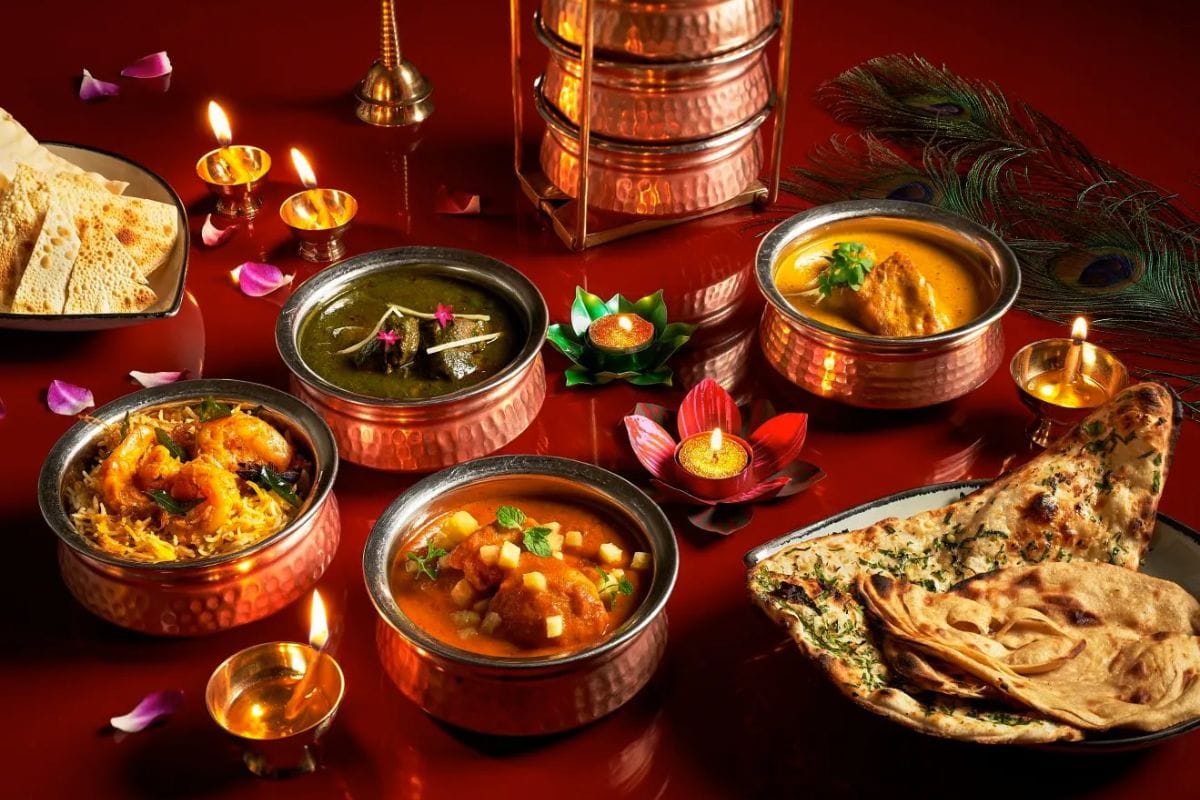
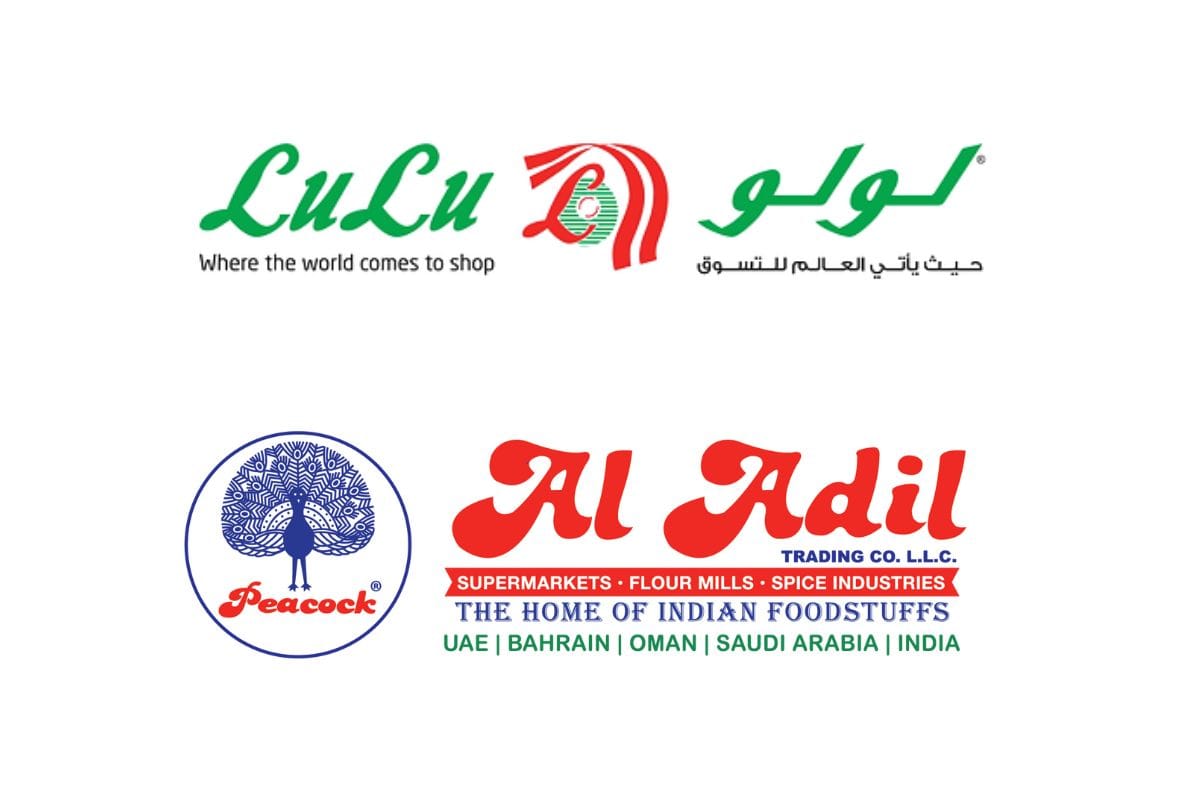
Dubai is a paradise for lovers of Indian cuisine, with numerous restaurants serving a variety of dishes from across India. Whether you crave street-side chaat, biryani, Jain food, or South Indian thalis, the culinary scene in Dubai has it all.
For Indian groceries, supermarkets like Al Adil and LuLu in Dubai stock familiar brands and items, offering expats a taste of home. Moving from India to Dubai? Rest assured, you can continue enjoying your favorite Indian foods, as Dubai's culinary scene mirrors the diverse flavors you love.
Transportation
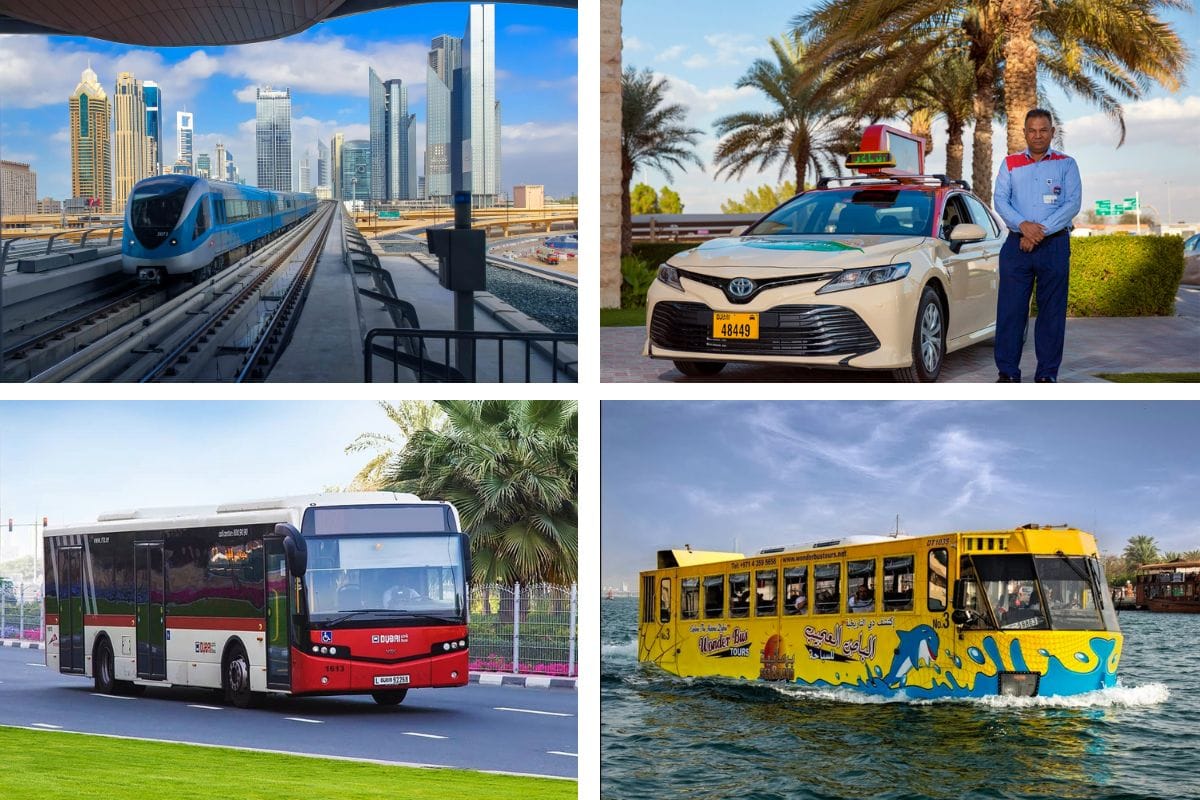
Public Transportation:
- Buses:
- Extensive bus network covering major attractions.
- Affordable ticket prices starting from AED 2.
- Water Bus:
- Connects Bur Dubai and Deira.
- Fares range from AED 1 to AED 4, providing an economical and scenic option.
- Metro:
- Efficient metro system with Red and Green Lines.
- Operating hours typically from 5:30 AM to midnight.
Private Transportation:
- Taxis:
- Readily available throughout Dubai.
- Starting fare approximately AED 5, with additional charges based on distance.
- Ride-Sharing Apps:
- Uber and Careem are popular choices.
- Offer various vehicle options and competitive pricing.
- Car Rentals:
- Numerous car rental services are available.
- Convenient for exploring Dubai at your own pace.
Education
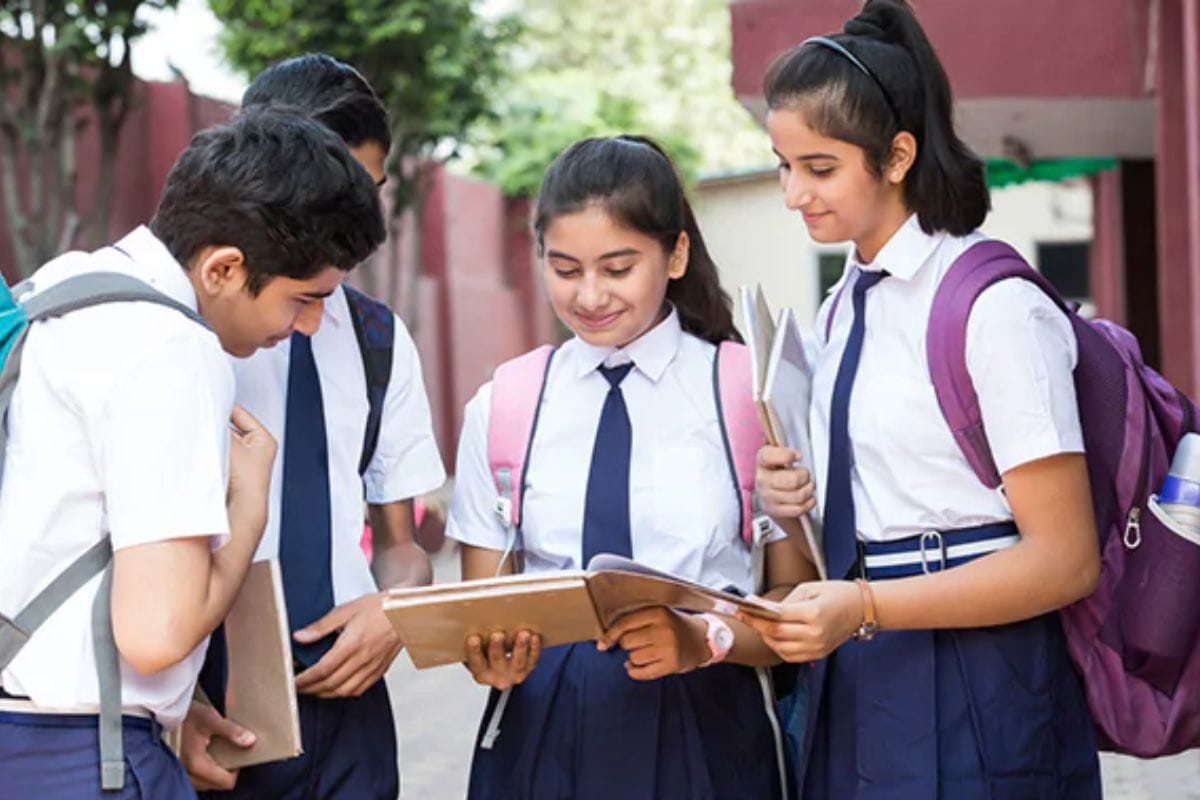
Diverse Schooling Experience:
- Dubai offers a wide range of education options, whether you prefer Indian curriculum schools or international institutions.
- International schools provide a multicultural environment, fostering diversity among students from various parts of the world.
Indian Curriculum Schools:
- Indian schools in Dubai, following the ICSE and CBSE curricula, are strategically located throughout the city to accommodate residents from different neighborhoods.
- School fees vary based on facilities and curricula, requiring careful consideration of your budget.
Application Timing is Crucial:
- Top-rated schools in Dubai, popular among residents, tend to fill up quickly across all grade levels.
- It is highly advisable to apply for school placements well in advance, especially if your move aligns with the summer months.
Varied Academic Start Dates:
- Indian schools typically commence the academic year in April, offering an alternative start date compared to international schools.
- International schools, on the other hand, generally begin their academic year in September.
- Children relocating at different times may have the option to join schools during the second semester.
Higher Education Opportunities:
- Dubai hosts prestigious institutes and universities in Academic City and Knowledge Village, including well-regarded institutions from India like BITS Pilani and Manipal University.
- These universities provide the flexibility to either complete your degree entirely in Dubai or transfer to the home campus abroad for a portion of your course.
Healthcare

No Unified Public Health System:
- Dubai operates without a centralized public health service.
- Each sponsor is individually responsible for providing health insurance to those under their visa, including spouses and children, placing the burden on the sponsor.
- Some companies may extend insurance coverage to dependents as well.
Medication Regulations:
- When bringing medication to Dubai, it is crucial to consult the UAE government's list of banned substances.
- Exemptions for certain medications may be possible with a doctor's note, but regulations in Dubai can differ from those in India.
- Medicines available over the counter in India might be subject to regulation in Dubai, necessitating caution during import.
Access to Medication:
- Dubai's extensive network of clinics and hospitals ensures a seamless process for obtaining prescriptions, even if the medication might be under a different trade name.
- The city's healthcare infrastructure facilitates efficient access to specific medications when needed.
Taxes
In Dubai, you can breathe easy when it comes to income tax – there isn't any. Whatever you earn is yours to keep. However, keep in mind that there are certain taxes for specific services. For instance, staying at a hotel or dining at the hotel restaurant might incur an additional 10% tax on your bill.
Lifestyle
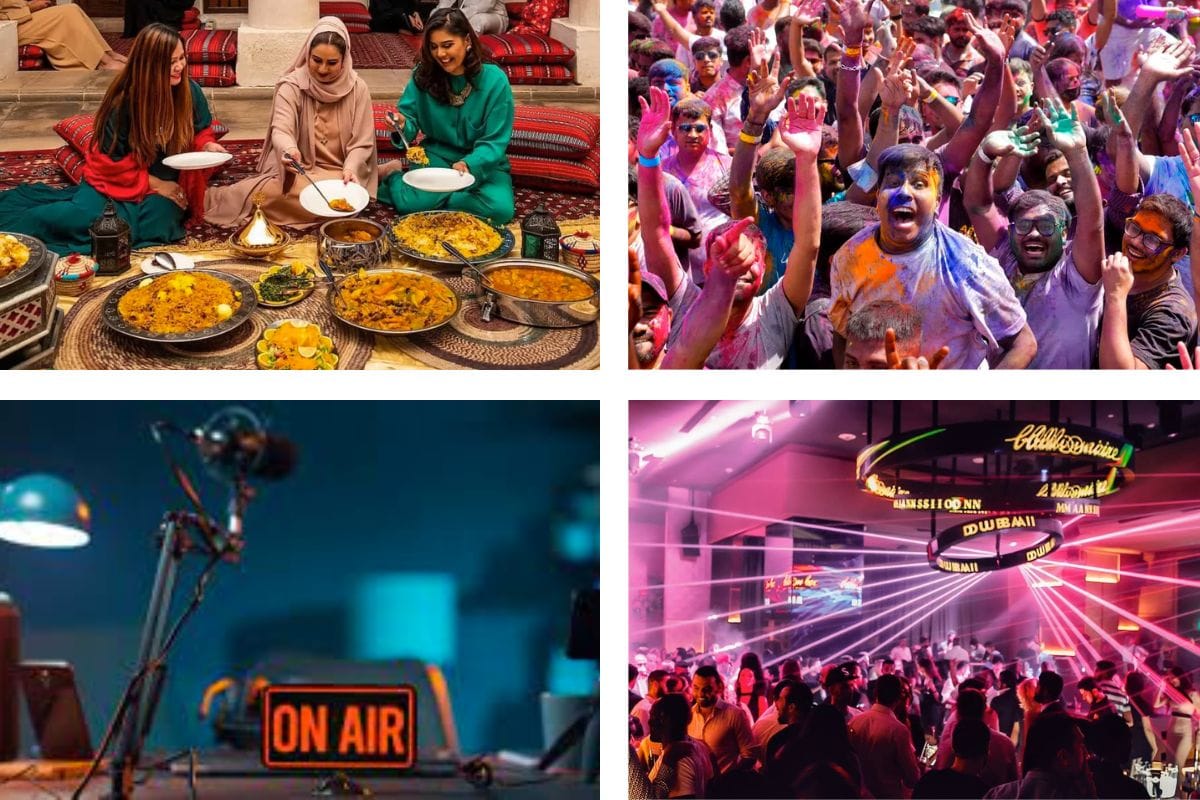
Dubai Nights: Feel the Beat
- Dive into Dubai's nightlife, where bars and clubs groove with 'Desi' or 'Bollywood' nights. The music echoes the familiar tunes of home, creating a cozy vibe for those missing the beats of India.
Music on the Airwaves
- For the music lovers, Dubai's local radio stations play Hindi and Malayalam melodies. It's like a cultural playlist, connecting Dubai's diverse sounds with the soulful tunes of India.
Stars Shine on Dubai's Stage
- Dubai, a second home to many Indian stars, hosts concerts and performances all year round. The city lights up with these star-studded events, giving everyone a taste of the magic of live performances.
Festivals: Where Tradition Meets Celebration
- In Dubai, festivals become community celebrations embraced by the lively Indian crowd. From the vibrant colors of Holi to the radiant joy of Diwali, the city turns into a festive canvas.
Sipping Smart in Dubai's Nights
- With relaxed alcohol rules, Dubai's social scene gets a chill vibe. But it's all about responsible sipping—enjoy the night, but remember, no public craziness or driving under the influence. Dubai keeps it safe for everyone's good time.
Weather
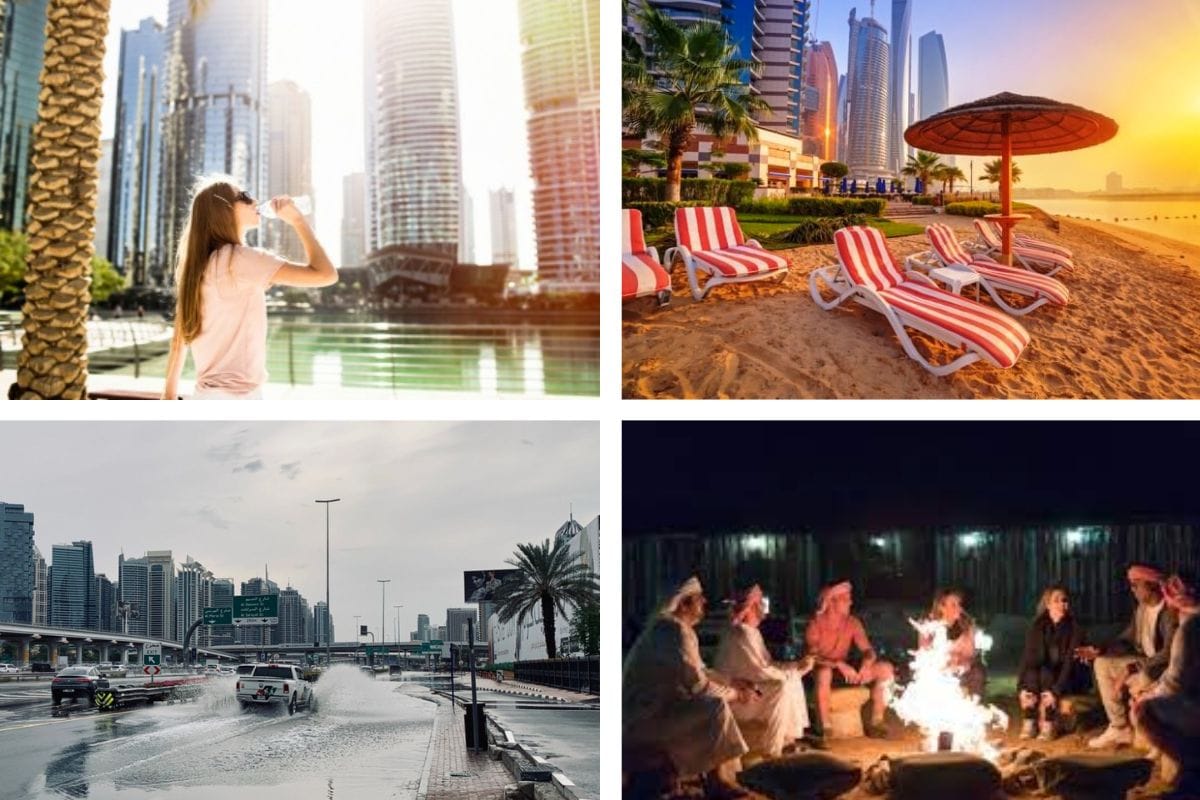
Dubai, embraced by a desert climate, welcomes residents and visitors with a predominantly sunny and arid weather pattern throughout the year. Here's a breakdown of the city's weather:
Summers: Sizzling Heat (June to September)
- Dubai's summers are synonymous with intense heat, soaring temperatures often exceeding 40°C (104°F).
- The city bathes in perpetual sunshine, with occasional hot winds and low humidity levels.
Transition Seasons: Mild and Pleasant (October to November, March to May)
- Transition seasons offer relief from the scorching heat, with temperatures ranging from the mid-20s to low 30s°C (mid-70s to mid-90s°F).
- These periods showcase pleasant weather, making outdoor activities enjoyable.
Winters: Warm Days, Cool Nights (December to February)
- Winter in Dubai is a delightful contrast, characterized by warm days and cooler nights.
- Daytime temperatures hover around the mid-20s to low 30s°C (mid-70s to mid-80s°F), while nights can see a drop to the mid-teens°C (low 60s°F).
Weather Essentials:
- Sunscreen: With sunshine dominating most days, sunscreen is a must to protect against the strong rays.
- Light Clothing: Lightweight, breathable clothing is advisable, especially during the hot summer months.
- Hydration: Staying hydrated is key, given the arid climate. Carry water when venturing outdoors.
Rainfall: The Occasional Visitor
- Rainfall is a rare occurrence in Dubai, typically concentrated in the winter months.
- When rain does grace the city, it often arrives in short, sporadic bursts.
Sandstorms
- Dubai occasionally experiences sandstorms, with gusty winds carrying fine desert sand across the city.
- These phenomena are more common during transitional seasons.
Overall, Dubai's weather offers a sun-soaked backdrop for its iconic skyline, inviting residents and tourists to embrace the warmth and diversity of this dynamic city.
Clothing Choices
Feel free to don modern attire or embrace your traditional Indian clothing during your stay in Dubai. The city is accustomed to diverse cultures, so you can dress as you please without drawing unwanted attention. Prioritize comfort in your wardrobe selection, avoiding excessively revealing or tight outfits.
In relocating from India to Dubai, one can anticipate an adventure filled with excitement and fulfillment. However, it's crucial to familiarize oneself with the local culture and practical aspects of life in Dubai before making the move. While Dubai offers an ideal environment for living and working, it's equally important to acknowledge the potential risks and challenges associated with settling in a new country.
Undoubtedly, the decision to move to Dubai carries significant weight, but it also presents an opportunity for enrichment. Adequate preparation ensures that you're well-equipped to embrace the offerings of this city of dreams.
